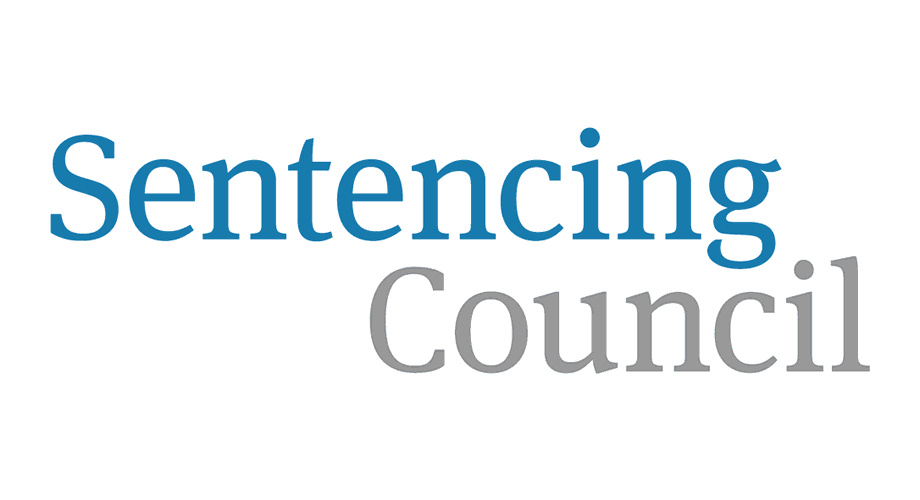Who is Ben Stokes?
Ben Stokes is the England cricketer who was charged with affray and acquitted by a jury.
But the video showed him hitting someone?
It did, his defence was that he was acting in self-defence, you can hit someone and still be not guilty of an offence in certain circumstances.
Why did the Crown Prosecution Service (CPS) charge him then?
It is not for the CPS to decide whether or not a person is guilty, its role is to assess whether there is a reasonable prospect of conviction, if there is sufficient evidence to proceed and it is in the public interest to do so.
In this case, the issue was for the court or jury to decide whether or not he was acting in self-defence or of another.
How does a jury make their decision?
Jurors are not allowed to discuss their deliberations with anyone outside of the jury room, so we can never know what discussions took place.
You can read more about how jury trials work here.
The Judge provided them with a “route to verdict” document which sets out the questions that the jury needed to ask themselves before coming to a verdict.
What was the “route to verdict”?
- Did Ben Stokes use, or threaten violence towards another? If no, not guilty, if yes move to the next question.
- Did he genuinely believe that it was necessary to use or threaten that violence so as to defend himself and/or another?
- If yes, was the force reasonable in the circumstances he perceived them to be? If it was, then the verdict is not guilty.
- If no, move to the next question.
- Was the conduct of all of them, taken together, such as would cause a person of reasonable firmness present at the scene to fear for his personal safety? If yes, the verdict is guilty, if no or it may not have been, the verdict is not guilty.
What is reasonable?
The jury was given further guidance that only the use of reasonable force can be lawful.
A person who genuinely thinks he or another is about to be attacked may react on the spur of the moment. He cannot realistically be expected to weigh up precisely how much force he needs to use to defence himself or that other person.
If he has done what he honestly and instinctively thought was necessary, then that would be strong evidence that it was reasonable. On the other hand, using force out of all proportion to what he genuinely anticipated might happen to him or another, then that would be unreasonable.
How can our expert criminal solicitors help?
We will be able to give you advice as to the strength of the evidence in public order offences, the availability of defences and likely sentence upon conviction. You will always be helped by seeking this advice at the earliest possible opportunity.
As a result, if you are arrested for a public order offence or know that the police wish to speak to you about an offence of then make sure you insist on your right to free and independent legal advice.
The advantages of such early advice legal advice can be found here.
If you have already been interviewed or face court proceedings we can still make a real difference to the outcome of your case.
Legal aid may well be available to fund your defence at court.
We have offices across the East Midlands. You can find your most convenient office here. Alternatively you can contact us using the form below.

In this case, Ben Stokes elected to be dealt with at the Crown Court rather than the Magistrates’ Court, we can advise you on the options available to you and the consequences of those options.



